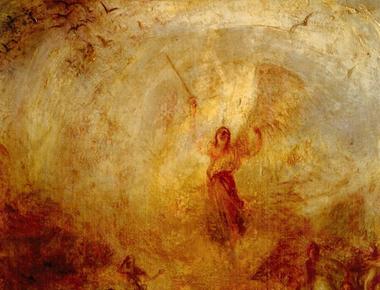
Composed in 1900, a decade after the Cardinal’s death, Elgar’s Gerontius is not a collaboration but a new interpretation. What, then, did Newman’s poem mean to Elgar, and how did the composer articulate Newman’s vision musically?
Joanna Bullivant is Departmental Lecturer in Historical Musicology at the University of Oxford, having previously held appointments at the University of Nottingham and King’s College London. She has published widely on the history of British music in the twentieth century, with particular emphasis on intersections of music with politics and social history. She is also a digital musicologist. Her current research situates Edward Elgar’s music in the context of nineteenth-century English Catholicism.
Composed in 1900, a decade after the Cardinal’s death, Elgar’s Gerontius is not a collaboration but a new interpretation. What, then, did Newman’s poem mean to Elgar, and how did the composer articulate Newman’s vision musically?
QUICK LINKS